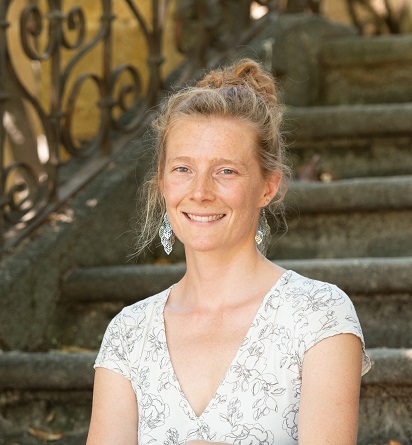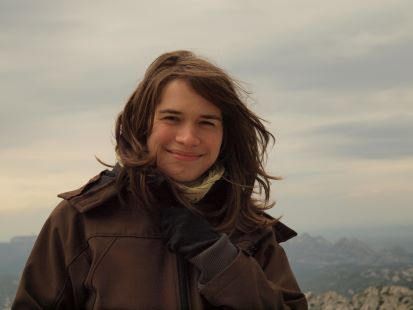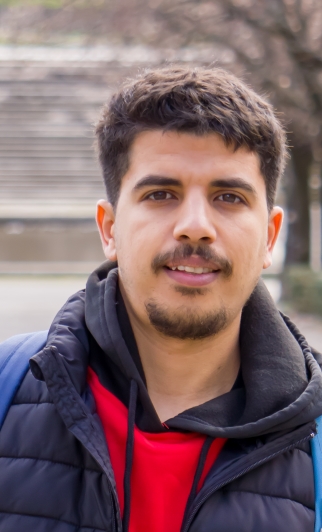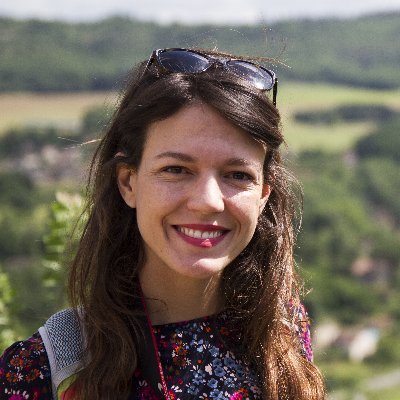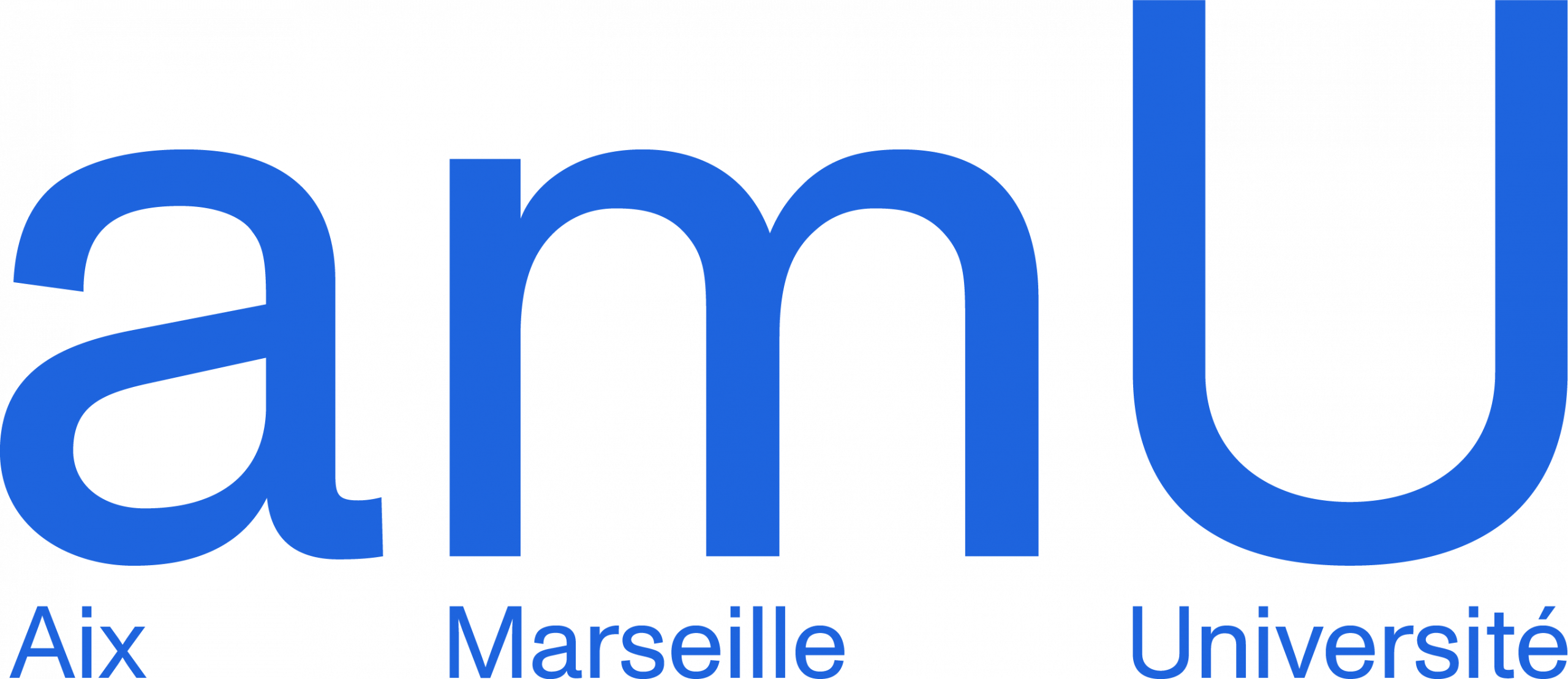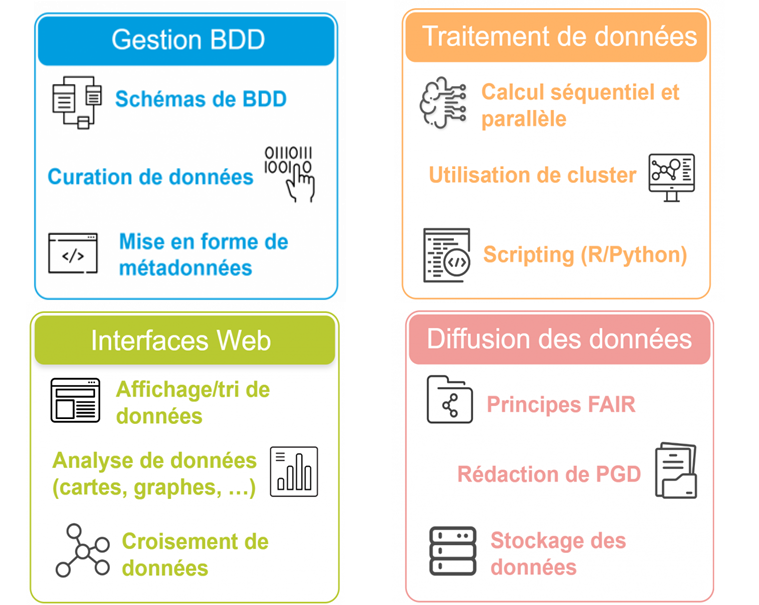POPCO – Populations, Ecosystems, Communities & Conservation
Presentation
Human/non-human interactions often result in direct and indirect damage to numerous populations and communities of organisms, affecting their abundance, functioning, spatio-temporal distribution and diversity.
Conservation and restoration measures are currently very limited compared with the scale of the fragmentation and loss of habitats, changes in use, pollution and the modification of biotic interactions. In addition, anthropogenic global warming may exacerbate the exposure of populations and communities of organisms to these threats.
Faced with this ecological crisis, the research developed within the POP'CO are designed to (i)assessing vulnerability of species, populations and communities in the face of the various components of global changeand monitor adaptive responses (ii) and understand the processes underlying changes in populations and communities at different spatial and temporal scales(iii) and finally co-constructing original conservation programmes with managers, taking into account the spatial nature of these vulnerabilities.
In order to meet these objectives, the POP'CO team is particularly committed to :
- Characterising remarkable, exotic or ordinary biodiversity
- Determine the impact of the environment on functional traits (life history, chemical, morphological, phenological, demographic, behavioural, microbial functions and diversity) and on biotic interactions.
- Understanding the role of biodiversity in regulating ecosystem functions.
The team is also developing co-construction projects, integrating solutions based on Nature, as part of a research/action approach to the conservation and adaptive management of biodiversity. This work is fuelled by exchanges of knowledge and interactions between team members, biodiversity managers and organisations working in the field of conservation.
The team's expertise enables it to meet these objectives using different models (animal, plant and microbial) in a wide range of biomes marked by a constrained water cycle (tropical sub-humid, Mediterranean, semi-arid and arid), in tropical (Senegal, New Caledonia, Brazil, etc.) or temperate systems and in different ecosystems: forests, grasslands, agrosystems, coastal systems, hydrosystems (mainly alpine lakes and rivers). This broad coverage enables the POP'CO team to deploy its expertise throughout France, Europe and the rest of the world.
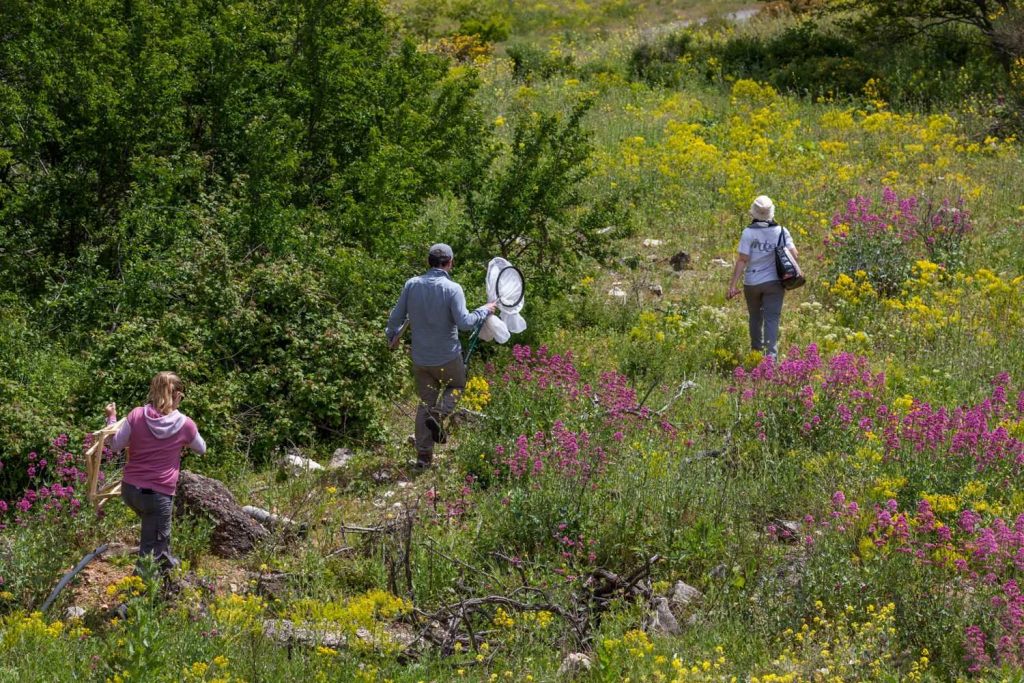
Research topics
The Team
Collaborations
In progress
In progress
In progress
In progress


